The Key Difference Between 1099s and Payroll
Small business owners often wonder if 1099 contractors fall under payroll or if they are treated like overhead expenses. Let’s clarify the distinction and why it matters for your business.
- Payroll Employees: These are W-2 employees. You’re responsible for withholding income taxes, Social Security, Medicare, and unemployment taxes. These are typically the folks whose hours you set as the employer and assign and train them in specific job duties that you assign.
- 1099 Contractors: Independent contractors handle their own taxes. You don’t withhold or pay taxes on their behalf. These are typically the folks who have you sign a contract before starting a specific job, they perform that job without direction, and to them you are more considered their customer or client, as opposed to their employer.
Understanding this distinction is critical for compliance. Misclassifying a worker as an independent contractor when they should be a W-2 employee can result in hefty fines, back taxes, and legal penalties.
Why It’s Important to Know the Difference
- Compliance: Misclassifying workers can lead to fines and penalties.
- Budgeting: Payroll costs are higher due to employer tax contributions, while 1099 contractors save you from those expenses.
Correct worker classification not only saves you from legal headaches but also helps you manage your finances more effectively. 1099 contractors are considered business owners in their own right, and government authorities expect them to have their own insurance and business set up that is separate from the person giving them work. Having clear policies in place ensures your business runs smoothly and stays compliant.
Do You Include 1099s in Payroll Taxes?
No—payments to 1099 contractors are not included in payroll taxes. However, you are required to issue a Form 1099-NEC if you pay them $600 or more in a year with a paper check for services and they do not otherwise have a LLC or other business entity..
When working with 1099 contractors, it’s essential to keep clear records of payments and file the necessary forms on time. While these workers aren’t part of your payroll, they’re still a vital part of your business operations.
Avoid Payroll Pitfalls
Not sure if your workers are classified correctly? Book a free consultation with Jay My CPA and ensure compliance with payroll and 1099 rules.



